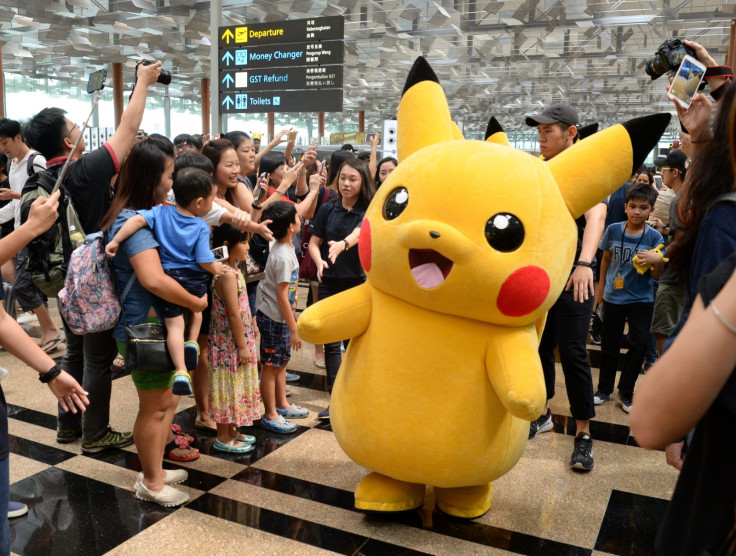Pokemon Go released in South Korea after delay due to national security concerns
"We have waited very long and worked very hard to launch Pokémon Go in South Korea," Lim Jae Boem said.

Niantic has officially released its hit mobile game Pokémon Go in South Korea, more than six months after the augmented reality game first launched in July. The game's delayed release was due to security concerns and government restrictions over Google Maps, which the game depends on to function.
"We have waited very long and worked very hard to launch Pokémon Go in South Korea," Lim Jae Boem, chief executive of Pokémon Korea, told Reuters. Pokémon Go captivated people around the world last summer, with players tasked with venturing outside to capture the beloved creatures.
Since then, Niantic has continued to roll out the game to new countries. In August 2016, the developer launched in south east Asia and Oceania, followed by parts of the Balkans and Central Asia in September. The game was officially released in 31 countries in Africa in October, and a few Middle East countries in November.
In December, the popular smartphone game was released in India and other South Asian countries including Pakistan, Sri Lanka, Bangladesh, Nepal and Bhutan.
However, many countries have voiced their concerns over the popular game citing security and privacy risks. Earlier this month, China said no to the GPS-powered game due to public safety and security concerns after the country's official censorship board said it would not license any augmented reality game until it can evaluate its potential risks.
In South Korea, access to Google Maps functions is restricted due to national security laws created to protect the country against infiltration from rival North Korea. Google's parent company Alphabet has challenged the country over the restrictions in the past. However, South Korea rejected Google's request to use local mapping data in its maps service in November, saying security risks outweighed the benefits.
Niantic and Pokémon Korea have not provided details on how the game will work around these restrictions in South Korea.
"We used various publicly accessible data sources," Dennis Hwang, art director of Niantic, said.
We’re excited to announce that Pokémon GO is now officially available for download in South Korea. Get up and GO! https://t.co/68SQ9WaWy0
— Pokémon GO (@PokemonGoApp) January 24, 2017
Although the initial fervour surrounding Pokémon Go has dissipated over the past few months, Niantic has sought to coax players back to the game and encourage loyal fans to keep playing by announcing new partnerships, content and updates.
In recent months, Niantic has partnered with Sprint and Starbucks to turn thousands of their stores into PokéStops and Gyms, launched limited-time holiday events and introduced new creatures to the game.
According to research firm Newzoo, South Korea is the fourth largest gaming market globally after China, the US and Japan.
© Copyright IBTimes 2024. All rights reserved.





